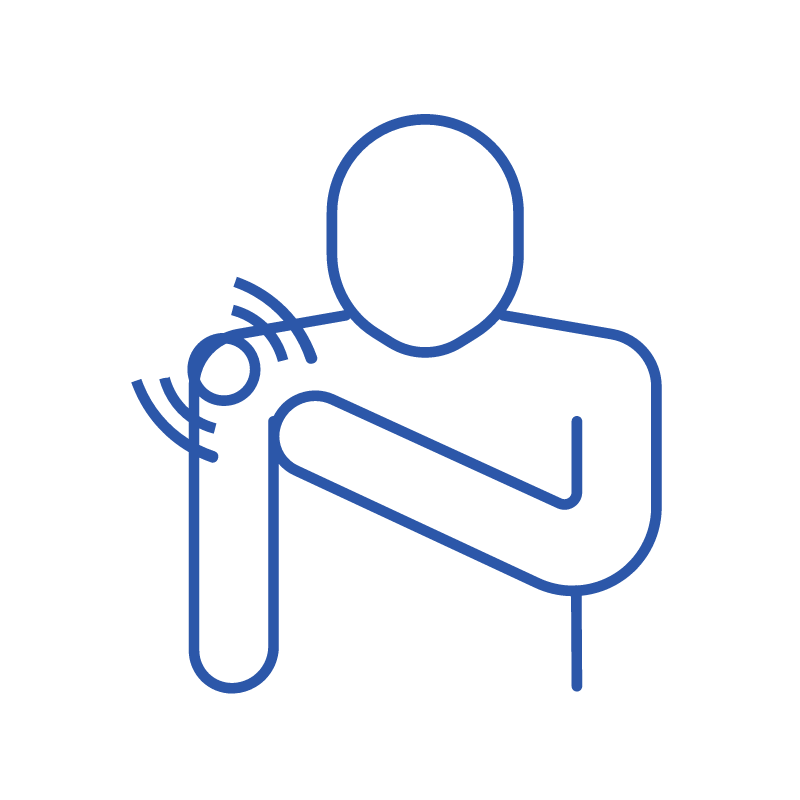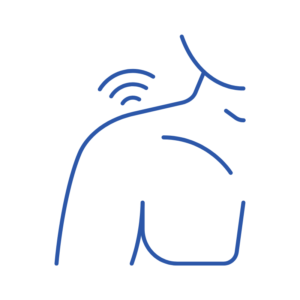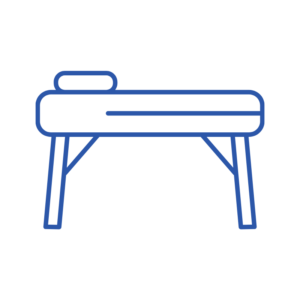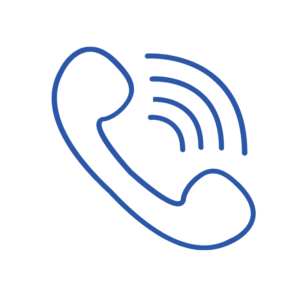A dislocated shoulder is a painful injury where the upper arm bone (humerus) partially or completely separates from the shoulder socket.
At Vitalis Physiotherapy, we specialise in treatment post shoulder dislocation to:
A dislocated shoulder is a painful injury where the upper arm bone (humerus) partially or completely separates from the shoulder socket.
At Vitalis Physiotherapy, we specialise in treatment post shoulder dislocation to:



The shoulder is what ‘s known as a ‘ball-and-socket’ joint, consisting of the collarbone (clavicle), shoulder blade (scapula) and upper arm bone (humerus). The head of the humerus sits in a socket on the shoulder blade. To allow so much movement the socket is shallow and is surrounded by strong, connective tissue and tendons to hold the humerus in the socket – this area is referred to as the shoulder capsule.
As the shoulder is one of the body’s most mobile joints, it is prone to dislocation – this can be either partial or complete:
Dislocations can also damage nearby tendons, bones and other tissue which may affect recovery periods and the chance of re-injury.

The cause of a dislocated shoulder can vary. It can dislocate backwards, forwards or downwards, either completely or partially. Strong force is require to completely separate the bone from nearby structures, hence affecting the degree of dislocation.
Some common factors which can trigger a dislocation include:
Highly active individuals, as well as males in their teens-20s are most at risks of dislocating their shoulder


If you have dislocated your shoulder, it is important to seek out immediate medical treatment. You will likely be referred for CT, X-ray or MRI scans to determine the extent of the injury. It is important to have a trained professional “pop” your shoulder back in to minimise risk of damage to the surrounding structures.
Physical therapy is highly beneficial in rehabilitating the structures around the shoulder joint after a dislocation to increase range of movement and prevent recurrence. At Vitalis Physiotherapy, we tailor a unique treatment plan to aid in your recovery through:
If the pain and reduced movement is severe, driving and strenuous activity should be avoided. Your physiotherapist may also advise heat or ice application, rest and if necessary, pain medication. Additionally, they might recommend for you to use neck support or a suitable pillow.
If you have a dislocated shoulder, or you’re looking for a ‘physiotherapist near me’, our team at Vitalis Physiotherapy can assess and diagnose the condition. They will then tailor your treatment plan to aid in your pain relief and recovery.
All you need to do is just give us a call on 0410 559 856 and request an initial appointment. Please let our friendly reception staff know the background and severity of your condition.
You can visit our FAQs for more information about appointments at Vitalis Physiotherapy.

Are you in pain caused by a dislocated shoulder? Contact Vitalis Physiotherapy now to book in your treatment.
Call our friendly team on 0410 559 856. We’d love to help.
3/58 Oldfield Road, Sinnamon Park Qld 4073